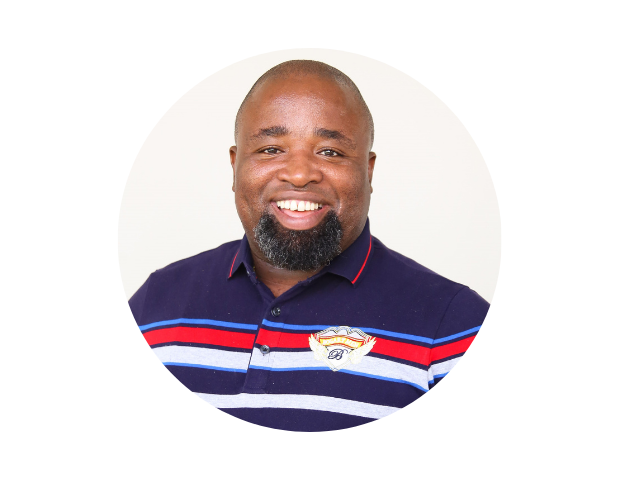Gain the knowledge and skills you need to make a lasting impact!
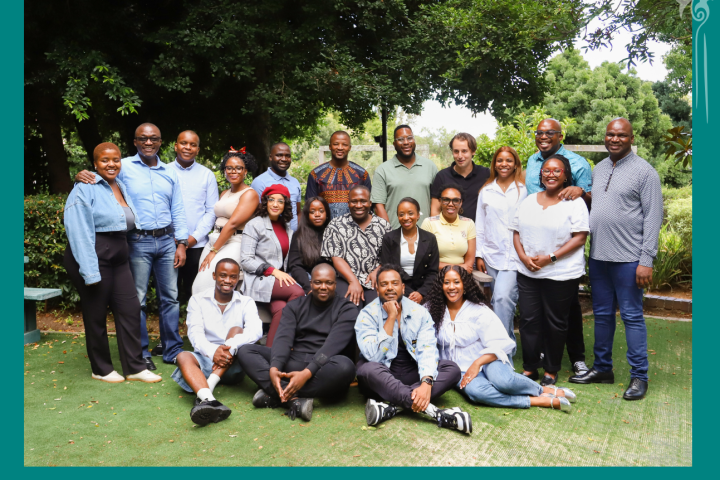
Master of Development Policy and Practice current cohort
The School's Academic Programme continues to grow. Since 2014, over 300 students from 20 different African countries have enrolled in postgraduate studies at the School. This growth reflects our dedication to providing education and support to our students.
We are honoured to have globally recognised faculty members who brings a wealth of research and practical experience at high levels of policy-making and implementation, enriching the teaching environment.
The Academic Programme not only equips students with essential skills but also promotes a deep understanding of the complexities of governance and public policy in Africa. In addition to our academic offerings, the School serves as a convening space for students, researchers, academics, policymakers, activists, and government officials, facilitating discussions focused on policy implementation.
Applications for the 2026 academic year are currently open and will remain open until November 2025.
Gain the knowledge and skills you need to make a lasting impact!
We are incredibly proud of each student who has chosen the Nelson Mandela School as a place of learning. Here are some reflections from our recent graduates.
Upon searching for a Master's course that would allow me to work and study simultaneously, I discovered the Master of Development Policy and Practice (MDPP) at the Nelson Mandela School of Public Governance.
As an International Development professional, the course outline was pertinent to my work and deepened my understanding of the challenges in development policy and practice on the continent. The programme has enabled me to analyse how governance, political economy, and institutional shortcomings influence development outcomes. The leadership component of the programme has significantly impacted both my personal and professional life. I have been applying some of the lessons, such as mindfulness, emotional intelligence, and social awareness, to navigate challenges in the workplace and in my personal life.
The programme was taught by world-class scholars, thought leaders, and subject matter experts who imparted invaluable knowledge on structural transformation, the implementation of public policies, as well as effective practices in public policy design and implementation in developing countries. I would encourage anyone eager to learn more about development in all its facets to enrol in this programme at one of Africa’s leading universities.
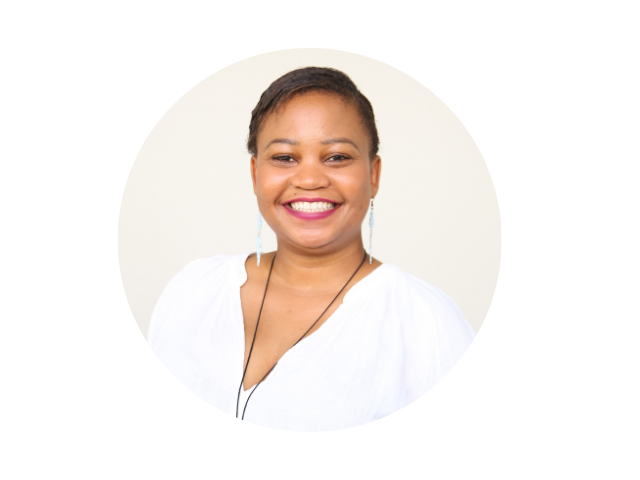
A lot can be said about the Nelson Mandela School of Public Governance—the website captures some of it—but I don’t think it does justice to one essential thing: the humanness of the space. I don’t know about you, but for me, how I’m treated matters just as much as what I’m taught. What stood out were the people—human beings who care not only about the course, but about who we are and who we are becoming.
I felt seen, loved, valued, challenged, and equipped—not just as a scholar, but as a person, perhaps even as the hope of a nation. That, for me, is what truly distinguishes this School. In academia, so much is often lost in how we’re treated as scholars. Here, that humanity, that Ubuntu, is restored.
My advice to applicants is that the Nelson Mandela School of Public Governance is what you make of it. While we come from different academic and professional backgrounds, the course provides both theoretical and practical tools, equipping you with the skills to address any area of policy.
What sets this School apart is its diversity—unlike other institutions where many peers share similar professional experiences, here, you engage with classmates and professors from a wide range of disciplines, all united by a shared passion for good governance in Africa. This unique environment enabled me to ground my thesis in real-world complexity, drawing on the academic and professional experiences of others and exploring, for example, the political, economic, gender, psychological, business, and legal dimensions of my field—enriching my work with deep interdisciplinary insight.
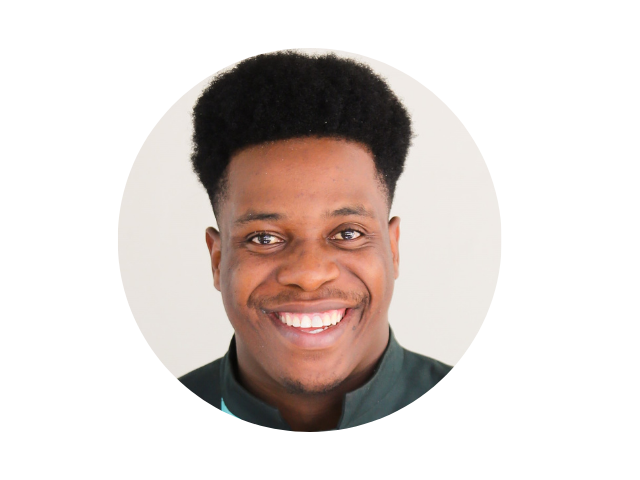
My experience at the School was, in one word, transformative. From the first session, it felt like the course had been tailor-made for me! The course convenors were meticulous in content and delivery, making learning engaging and immediately applicable.
Coming into the programme as Head of Resource Mobilisation in the NGO world, I instinctively understood that government, the private sector, and civil society are all important players in development. But I struggled to understand why, despite this, progress so often stalls — particularly in many African contexts. More importantly, I wasn’t sure how to make practical, credible recommendations to address these challenges. This programme helped me unpack those questions. I excitedly applied the insights from each session — from political economy to global governance to the thorny realities of ethics and implementation.
I particularly appreciated the individual assignments. They were inspiring and practical, and the research skills development embedded throughout the course significantly accelerated my learning. I also enjoyed the group work — not just for the diversity of thought but because it pushed me to grow as a leader. It helped me develop a more conscious approach to communication, delegation, and even ego management (yes, leadership sometimes requires you to get off the stage and listen!).
If I could offer one piece of advice, it’s this: don’t wait until you’re overwhelmed to get organised. You’ve probably heard this before, but I’ll say it again because it matters — plan your time, attend the Writing Centre workshops, keep a proper filing system for your assignments, use your peers for feedback, and when things feel too much (and at some point they probably will), talk to your convenors. They’re genuinely invested in your success.
This programme was a gift, and I’m proud to be part of its alumni community. I hope your journey is as rewarding as mine.
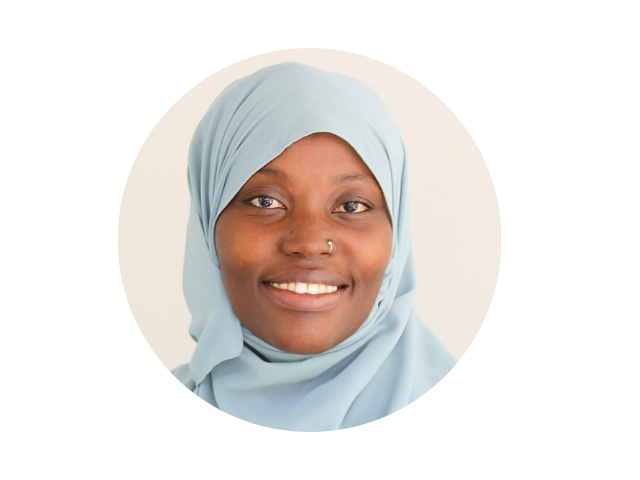
The Master of Commerce in Development Policy and Practice programme has refined my ‘head, heart, and hands’—the bedrock of transformative development and ethical leadership in Africa.
The ‘head’ component, emphasising intellectual growth, equipped me to strategically design and implement policy processes. It also honed my ability to analyse the role of governance, institutions, and political economy in policymaking and driving change in Sierra Leone and beyond. The ‘heart’, representing emotional intelligence, helped me develop introspective mental frameworks for leading teams and organizations amid volatile, uncertain, complex, and ambiguous workplace and global landscapes.
As for the ‘hands’, denoting practical implementation, I applied the program’s knowledge and tools through a research project exploring AfCFTA policy and implementation challenges, particularly regarding informal cross-border trade (ICBT) inclusion.
Beyond coursework, the program was a goldmine: courses were taught by some of Africa’s finest minds, fostering multidisciplinary and lateral thinking while expanding my professional network. The school’s roundtable discussions and dialogues with frontline policymakers—such as the AfCFTA roundtable—provided invaluable insights, further bridging theory and practice.
If you seek a programme that enriches your ‘head, heart, and hands’ for transformative development and policymaking in Africa—with a perfect theory-practice balance—look no further than the Master of Development Policy and Practice at the Nelson Mandela School of Public Governance, University of Cape Town. The School delivers on its promise, offering additional perks to propel your career or endeavors to the next level.
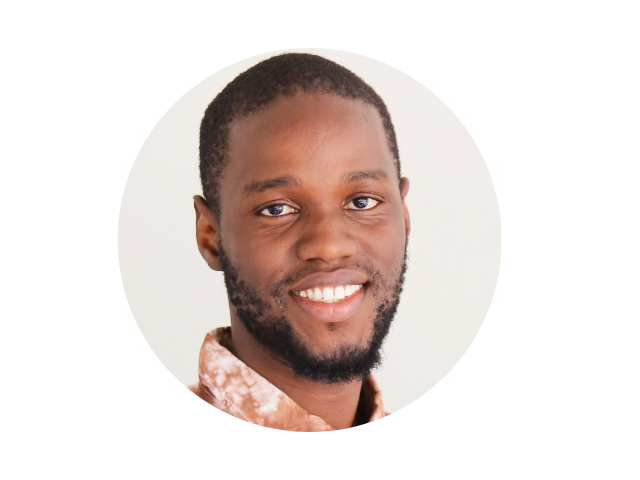
I am Sipiwo Xongo, a Water Resource Scientist with over 15 years of experience working for the National Department of Water and Sanitation in South Africa, responsible for water allocation and reform policy, as well as water quality and quantity management. Coming from a natural sciences background, venturing into the Master of Development Policy and Practice programme (MDPP) has been transformative.
The MDPP has not only met but surpassed my expectations. It has given me a strong grasp of governance and development issues, along with useful strategies for resolving them. Course modules, such as strategic policy making for development, opened my eyes. They showed me how to deconstruct complex issues and consider solutions that are practical in everyday situations. I admired how the modules combined theory with practice; case studies and group projects gave the ideas a real-world feel. For instance, the Discourses in Development Policy in Africa module's trade negotiation simulations forced me to think like a real trade negotiator, which was challenging but incredibly fulfilling. These simulations mirrored the actual negotiation processes of the WTO and the AfCFTA.
The lecturers were brilliant and down to earth. They weren’t just teachers; they were people who genuinely cared about development and governance and wanted us to succeed. They brought their real-world experience into the classroom, sharing stories from their work in international agencies, the Government or NGOs, which made the learning feel relevant and grounded. Additionally, the class's diversity, from various countries and sectors, enriched our discussions and promoted valuable exchanges of ideas. Balancing work and deadlines were challenging, yet the school's support was instrumental in my ability to complete the programme and become the graduate I am today. The institution embodies Nelson Mandela’s spirit of care, truly valuing our growth.
Overall, the MDPP equipped me with the skills needed to make a meaningful impact in development work. It's not only about acquiring knowledge; it's about learning to think critically, collaborate, and lead in challenging and volatile situations. To anyone contemplating doing this programme, I encourage you to pursue it. It's demanding but ultimately rewarding, leaving you with valuable skills, confidence, and a network of remarkable peers. UCT is a unique institution, and the MDPP prepares you to effect change, wherever life takes you.
